Lion’s Share
Continuing our voyage through the works of one of the lesser known Inklings, we come to the intriguing novel The Place of the Lion, published by Charles Williams in 1931. The concept is arresting: Platonic ideals - the lion, the snake, the butterfly, all of whom represent different aspects of the original conceptions of fierceness or beauty and so on - they are breaking through a rift into our world. They pull into themselves the shadow forms in our world, or possess people so they can move unseen among us. It is partly a horror story, partly a derring-do mission to close the rift, the attempt led by Anthony Durrant. Overall I find it a fascinating experiment in making Greek philosophy the main driver of a plot. The image of the lion stalking through the English landscape, making less robust fellows go mad with terror, is extremely powerful, as is the arrival of the snake in a drawing room. Nagini is nothing to Plato’s snake.
T S Eliot
Grevel Lindop, Charles Williams’ biographer, calls it a partially successful novel - and it is admittedly uneven. The female characters are poorly drawn (poor old Damaris the intellectual is rather punished for her absorption in research) and the characters don’t quite emerge from their spiritual shocker roles. Contemporaries, however, felt the power of the reading experience and even enjoyed the characters. T S Eliot wrote to Williams that ‘I am incapacitated from making any purely literary judgement of [Williams two novel]’ and found some scenes in Lion ‘marvellously successful’. We perhaps sense that he was aware of the faults but still found it a memorable and inspiring read. C S Lewis was another admirer, going as far as to say ‘it is to me one of the major literary events of my life’. He praises the layered effect of the fantasy, pleasing first as a pure story, then as philosophical and theological stimulus, then characters and finally ‘substantial edification’. This admiration led Lewis to invite Williams to the newly formed Inklings, to which the London-based writer came as an occasional participant, that was until the war when he was evacuated to Oxford and could attend more regularly.
What resonance has this work had within the fantasy genre? There has been a suggestion that the very powerful lion of this extraordinary work was an inspiration for C.S. Lewis’ Aslan. Lewis, in a letter towards the end of his life thought Aslan came from a different source: the Bible.
"Since Narnia is a world of Talking Beasts, I thought He [Christ] would become a Talking Beast there, as He became a man here. I pictured Him becoming a lion there because (a) the lion is supposed to be the king of beasts; (b) Christ is called "The Lion of Judah" in the Bible; (c) I'd been having strange dreams about lions when I began writing the work."
But as he also said earlier that The Place of the Lion was a major literary event for him, perhaps reading Williams’ novel fed into his dreams? The resemblance is only in the power, though, because Williams’ lion is very far from one who would sacrifice himself for Edmund or give rides to Lucy and Susan. He is FIERCE, he is of the essence of that Platonic concept. Williams is, thus, in many ways a successor to Lewis Carroll who used Wonderland to teach mathematical concepts and logic puzzles, more of a truer inheritor than either Oxford man Tolkien or C.S. Lewis.
What inspiration can this strange novel have for us now as creatives? Most fertile I think is the idea of taking a philosophical or theological idea and using it as the underpinning for a novel. Jostein Gardner touch on this in his 1991 novel Sophie’s World, though the aim here is to teach the history of fantasy through fiction. Sometimes it seems the same old tropes are recycled in fantasy - dark lords, beautiful elves, horrible goblins, avaricious dragons; one way of finding a really unique and original voice might be to start with a philosophic ‘what if?’ Williams chose Plato, but what about picking our favourite philosopher and running with one of the concepts? Pascal’s wager or Spinoza’s deterministic universe, or…insert your favourite idea here. It doesn’t have to be one you personally believe, just as long as it produces a good story.
Enjoy!
Julia Golding



